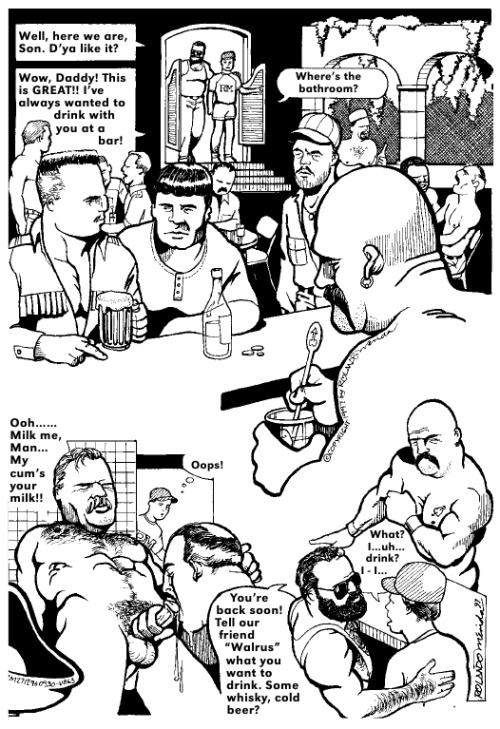




















 Chairman Visits Amazon Military Command in Brazil
Chairman Visits Amazon Military Command in Brazil
03/28/2012 09:44 PM CDT
Chairman Visits Amazon Military Command in BrazilBy Jim GaramoneAmerican Forces Press Service MANAUS, Brazil, March 28, 2012 - When arriving here, jets fly for three hours over the Amazon rain forest. This city is smack in the center of Amazonia, and it is a different world. The Amazon is Brazil's treasure, and its riches are precious and must be protected. Army Gen. Martin E. Dempsey, chairman of the Joint Chiefs of Staff, visited Brazil's Amazon Military Command headquarters here today to get an idea of the range, capabilities and challenges facing the armed forces' effort in this remote land. Gen. Eduardo Villas Boas of the Brazilian army hosted Dempsey for the short visit and discussed the full range of his command. Boas commands the largest of seven military districts in Brazil. "His is by far the largest, and the area where we have the most common interests," Dempsey said. Transnational organized crime is a problem. Drug traffickers, smugglers, financiers and the whole range of criminal networks operate in the region. Brazil is now the world's second largest consumer of cocaine in the world, after the United States. Managing the borders with neighboring countries is another common interest, Dempsey said. And protecting critical infrastructures – from dams and bridges to natural resources – is another common interest. "These are things where there is common ground for us to build a relationship," the chairman said. Building the military-to-military relationship is important, the general said. One way of doing that, he noted, is training together. The command hosts a world-class jungle training center. In its 48-year history, only 25 Americans have graduated from the course, said Maj. Gen. Jose Luiz Jaborandy, chief of staff for the Amazon Military Command. Dempsey toured the facility where small classes of officers and noncommissioned officers receive 12 weeks of training in survival, weapons and tactics for use in the jungle. In the Brazilian army, those leaders go back to their units to teach their soldiers. France has the most foreign graduates with 86, said Jaborandy, who was graduate number 1,261 in 1984. Dempsey said he was impressed. As part of his emphasis on the profession of arms, he added, he wants American officers and NCOs to take advantage of these types of training opportunities. "Introducing leaders into unfamiliar environments is always a good thing," the chairman said. "And the jungle is certainly that." Dempsey said he believes the training would increase the cooperation between the two militaries. Past chairmen who have visited the area also wanted to increase U.S. participation in the Jungle School. "I do think that I would be supportive of increasing our participation in jungle training with the Brazilians," Dempsey said. "That said, we have several layers of the relationship to work on. That tactical level is something we haven't lost. We just haven't had the time." The reason more Americans haven't been through the training is because of operations in Iraq and Afghanistan. "We've been pretty busy," Dempsey said. The chairman moves from the tactical and operational level to the strategic level tomorrow. He is scheduled to meet with Brazilian Defense Minister Antonio Celoso Amorim and Brazilian Chief of Defense Gen. Jose Carlos de Nardi. |
| Biographies: Army Gen. Martin E. Dempsey Related Sites: Special Report: Travels With Dempsey State Department Background Note on Brazil |










USS Elrod Visits Naval Station Guantanamo Bay
| |||||||||||||||||||||||||||||||||||||||

 Dempsey Pleased About U.S.-Pakistani Leaders Meeting
Dempsey Pleased About U.S.-Pakistani Leaders Meeting
03/28/2012 08:26 PM CDT
Dempsey Pleased About U.S.-Pakistani Leaders MeetingBy Jim GaramoneAmerican Forces Press Service ABOARD A MILITARY AIRCRAFT, March 28, 2012 - Army Gen. Martin E. Dempsey, chairman of the Joint Chiefs of Staff, said today he is pleased that U.S. and Pakistani military leaders have met to discuss mutual concerns. Marine Corps Gen. James N. Mattis, commander of U.S. Central Command, and Marine Corps Gen. John R. Allen, commander of the NATO-led International Security Assistance Force in Afghanistan, met with Pakistani army chief Gen. Ashfaq Parvez Kayani in Islamabad. It was the highest level-military meeting between the United States and Pakistan since a Nov. 26, 2011, incident that killed 24 Pakistani soldiers along the Afghan border. Following the incident, Pakistan closed the ground supply lines that ran from Karachi up into Afghanistan, forcing coalition forces to rely on a northern supply route. Dempsey told reporters traveling with him from Colombia to Brazil that he has spoken with Kayani at least five times since the border incident. The Pakistanis, he said, want to reset the military-to-military relationship with the United States. "We want to rebuild the trust and confidence between our two militaries," the general said. This includes working the border issues with the Pakistanis and reopening the ground supply lines through Pakistan to Afghanistan, Dempsey said. He added that he believes the two militaries can discuss what must be done in Pakistan's federally administered tribal areas to improve the situation in both Afghanistan and Pakistan. Groups have taken root in the tribal areas that pose a threat to the national government and to neighboring Afghanistan, the chairman explained. Pakistan has sent troops into the region to take on these groups and to establish the government's control of its sovereign territory. Many officials believe the Pakistani military is doing about as much as it can. Pakistani leaders regard India as a threat, and most of their armed forces are facing India in the east. Until more troops are made available, the situation in the tribal areas probably will remain as it is, and official said, with many areas under government control and others like the Wild West. U.S. defense officials have been quick to point out that Pakistan has lost thousands of service members and thousands of citizens to the scourge of terrorism. "No one doubts the sacrifice or will of the Pakistanis -- just the means they have," one official said. |



















Big Daddy, big load
















 I REALLY NEED
I REALLY NEED

































Nenhum comentário:
Postar um comentário